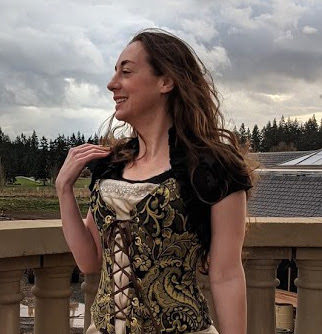Check out the videos from the road with Saltwater Taffy by Eric DelaBarre
Monday, October 31, 2011
Monday, October 24, 2011
Interview with Author Jaclyn Hawkes
Deirdra: When did you first know you wanted to be an author? Jaclyn: Only three years ago. I think I'm a fluke that way. Then I wrote 9 books the first year. At the time it didn't seem strange, but when I tell people that, they kind of freak out. Apparently, one is typical. Now that I …
Monday, October 17, 2011
Interview with Author Mandi Tucker Slack
Mandi Tucker Slack was born in Price, Utah, and grew up in Orangeville, Utah, where she developed a great love of the outdoors. She enjoyed adventure novels as a child and has always been fascinated by books and writing. Mandi attended Utah State University, where she completed a four-year degree i…
Saturday, October 8, 2011
Interview with Author Kirk Mustard
I grew up in Kansas. Well, at least I lived there until I was adult, I don't know if I've grown up yet. It was a tiny one horse town minus the horse. It was a great place to cultivate my imagination because the only way to feel like I was living in someplace wonderful was to imagine it. Per…
Subscribe to:
Posts (Atom)
Total Pageviews
Pages
- Home
- Art
- The Watchers Books
- Time Management For Creative People Workbook
- Book Trailers
- About Deirdra
- Clothing Designs and Paper Dolls
- Photography
- The Watchers Screenplay
- Crafts and Remodeling
- Book Covers
- Animal Family
- Free Stuff
- Watchers Worldwide
- Q & A
- Contact
- Recipes & Food Art
- Family Safety Advocacy
- My Garden
- Endorsements
- The Sanctuary
- News & Events
- Little Church on the Prairie
- Religious Women's Studies
- A Storybook World Podcast
|
Add this to your site |
Highlight the code below to get A Storybook World button







